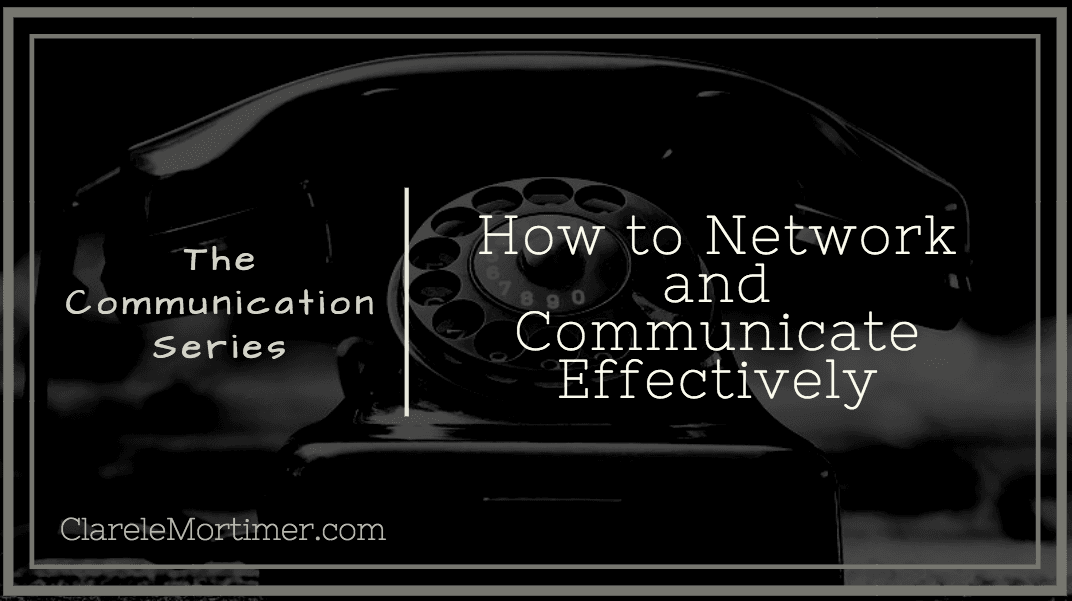In the professional realm, networking has become an inevitable necessity. The truth is, most people aren’t networking in the most efficient way possible.
Idea Networking
In William Duggan’s book, The Seventh Sense, he outlines the strategy for “idea networking.” This isn’t simply meeting dozens of people and hoping a few conversations pan out.
With idea networking, you target one specific influential person in your field. Contact the person through phone, email, or in person. You want to avoid talking about yourself and what you’re looking for (a new job, etc.). Instead, you want to focus on a specific idea.
Is there something in your field that especially excites you? Formulate an intriguing question around that topic. You want the question to be specific enough that an expert in your industry would be interested in the conversation, yet general enough that there’s room for the conversation to take different directions.
When you get a chance to connect with one influential person in your field, it can open doors for future meetings. Duggan recommends ending the conversation by asking for a few other people who would be interested in discussing your question. From there, you repeat the cycle.
Communication
Your experience and professional skills are important assets, but your ideas and ability to communicate speak volumes about you as an asset in the workplace. To put your best foot forward, you need to communicate effectively.
NPR host Terry Gross offers some great communication advice. Although her on-air interviews may be different than conversations you’ll have with your professional connections, the tips translate well.
Firstly, “Tell me about yourself,” is the best icebreaker. Most people will tell you about their profession, but it’s a broad enough question that you can get a more complete picture of the person and what they value.
Being attentive and genuinely curious is vital to a balanced conversation, but there’s also no harm in taking control of a conversation and pivoting into something you want to discuss. The key is knowing when to talk and when to listen. Paying attention to a person’s body language can tell you how well the conversation is going.
Failing to prepare thoroughly can hurt you in the end. Even if it is a casual conversation over lunch, you always want to have talking points prepared and know some background about the person you’re speaking with. Of course, you should always have an elevator speech prepared for yourself, as well.
Conversations will vary based on your industry and how well you know the connection you’re speaking with. Even with connections you know well, you want to be conscious of how you communicate — always putting your best foot forward. Let your personality shine through, but know where the line is.
Communication shapes so much of our world, which is why it’s so important to perfect those skills and learn about the power of language.

